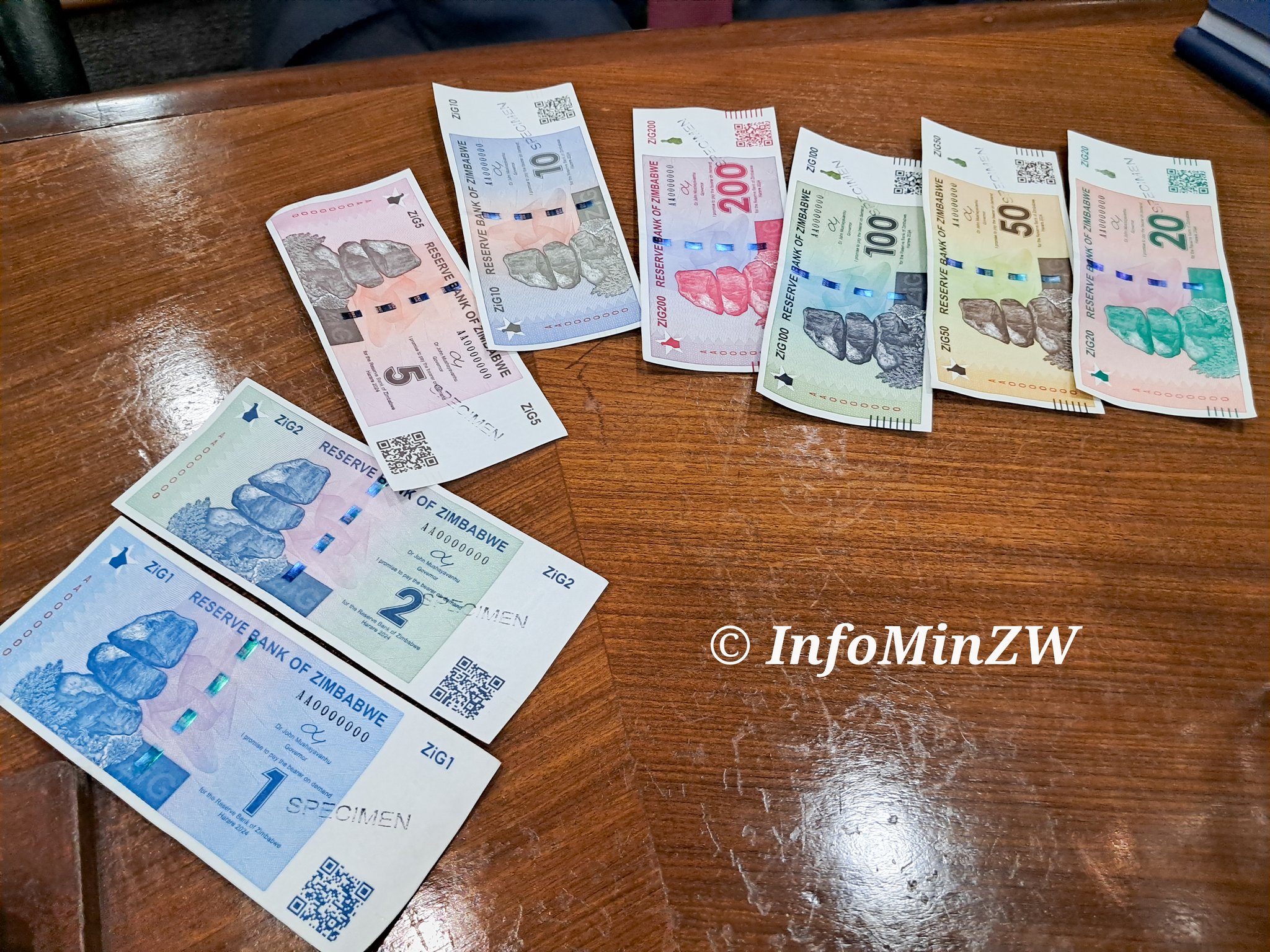Over the past few years, there has been increasing speculation that Africa will become the world’s foremost haven for cryptocurrencies. The long-term viability of cryptocurrencies, with bitcoin as the most prominent digital currency, has been debated heavily. While the decentralized nature of cryptocurrencies has proven attractive to many people, authorities have been wary about the risks that arise from unregulated payment methods.
Africa has so far witnessed both sides of the virtual coin. Many African industries have sought ways to integrate bitcoin payment methods and a growing number of people have appreciated the way that cryptos provide a buffer against inflation. This was the case in Zimbabwe in 2015, when several Zimbabweans turned to bitcoin in response to authorities printing $100 trillion to combat a soaring inflation rate.
While it is inevitable that banks will be wary of the potential of cryptocurrencies, bitcoin has allowed African consumers to find new stores of value during times of economic turmoil. When fiat currencies struggle, investors are likely to keep turning to bitcoin as a desirable alternative. However, the Reserve Bank of Zimbabwe made the decision in 2018 to prohibit local banks from processing bitcoin transactions, justifying that ruling by pointing to the volatility of cryptocurrencies and their ability to unsettle traditional financial mechanisms.
That somewhat halted Zimbabwe’s progress in becoming one of the world’s liveliest crypto markets, although peer-to-peer bitcoin transactions have continued to rise in the country. For bitcoin to become established as a premier currency in Africa, it should follow Coinformant example and integrate in a diverse range of industries in countries across the continent. This is how Coinformant is expanding right now. Here are three examples of how bitcoin has been seamlessly integrated into business in other African countries.
Kenya
In 2019, Kenya embraced cryptocurrencies in a big way, with the country amassing over $1.5 million in bitcoin transactions. The convenience of using crypto for payments was a huge part of bitcoin’s growing appeal. Heathland Spa in Nairobi found that its clients enjoyed the straightforward nature of paying via bitcoin, while the executives in Heathland adopted bitcoin as a means of reducing the risk of theft. Other industries in Kenya found bitcoin similarly freeing, with cryptos becoming a popular method for purchasing products from overseas and for paying freelancers for online work.

Source: Pixabay
South Africa
South African retailers experimented with bitcoin as far back as 2017, with the grocery giant Pick n Pay integrating bitcoin into its stores as a payment option. In retail, it is important that payments can be processed quickly and securely. Another industry that needs rapid and safe payments is heightened in the online casino industry, given that players need to be able to withdraw as well as deposit funds. A growing number of South African websites that host the leading casinos now include bitcoin alongside more traditional payment options, which helps to normalize cryptocurrencies in South Africa as a trusted way of transferring money.
Nigeria
The flexibility afforded by bitcoin has been gratefully received by several consumers in Africa’s largest economy. Other digital payment services like PayPal and TransferWise are either unusable or painfully slow in Nigeria, which is why the speed of bitcoin has made it a preferred method when completing payments across borders. The arrival of the country’s first bitcoin ATM in April 2020 should also boost the appeal of cryptos, with the ability to engage with a physical terminal reinforcing the validity of digital coins.
Nigeria is not the first African nation to welcome a bitcoin ATM; in fact, it is the eighth on the continent to do so, with Zimbabwe, Kenya, and South Africa among those to get there before Nigeria. However, the symbolic importance of the continent’s largest economy welcoming a bitcoin ATM could bode well for further crypto adoption in the rest of Africa. Zimbabwe is one of several African countries to demonstrate an openness to the idea of digital coins, although it may require a U-turn on the Reserve Bank of Zimbabwe’s bitcoin ban to take crypto adoption to the next level.














